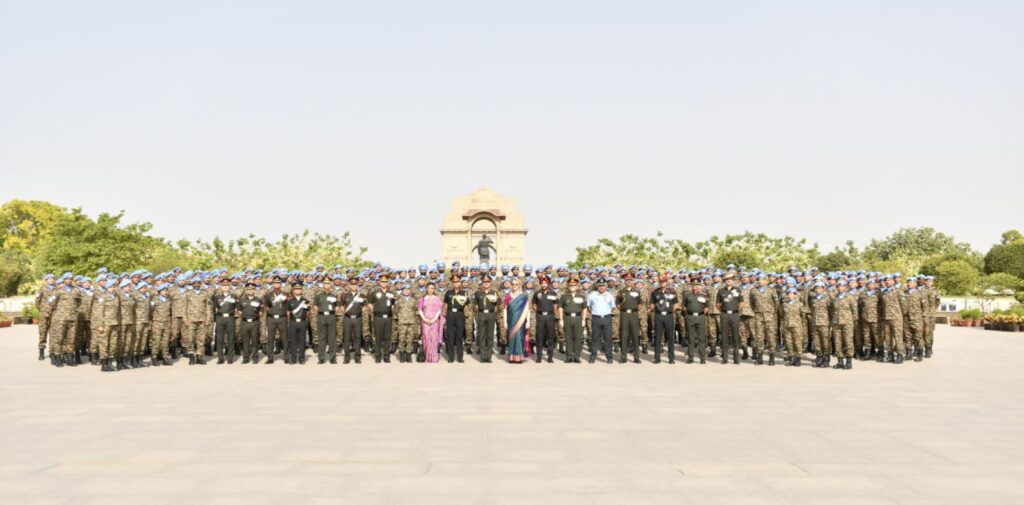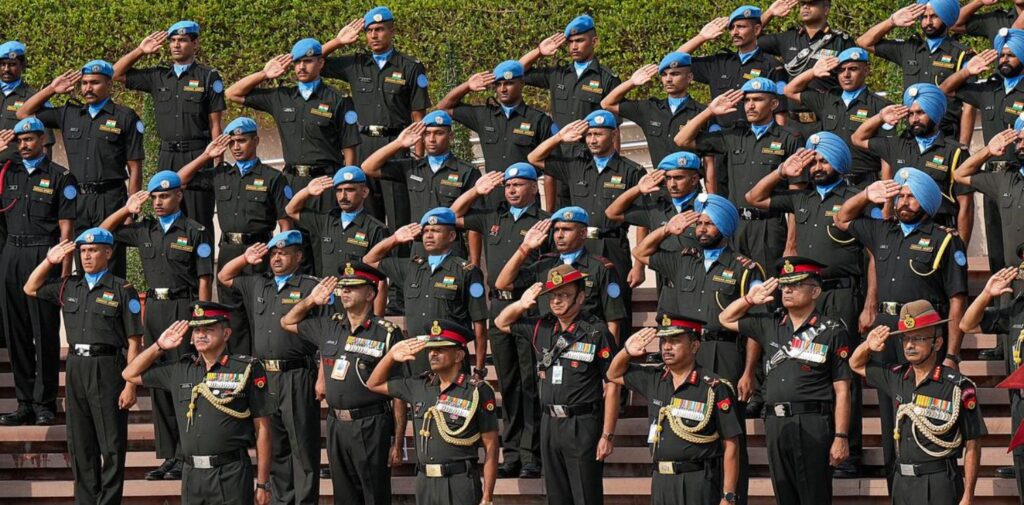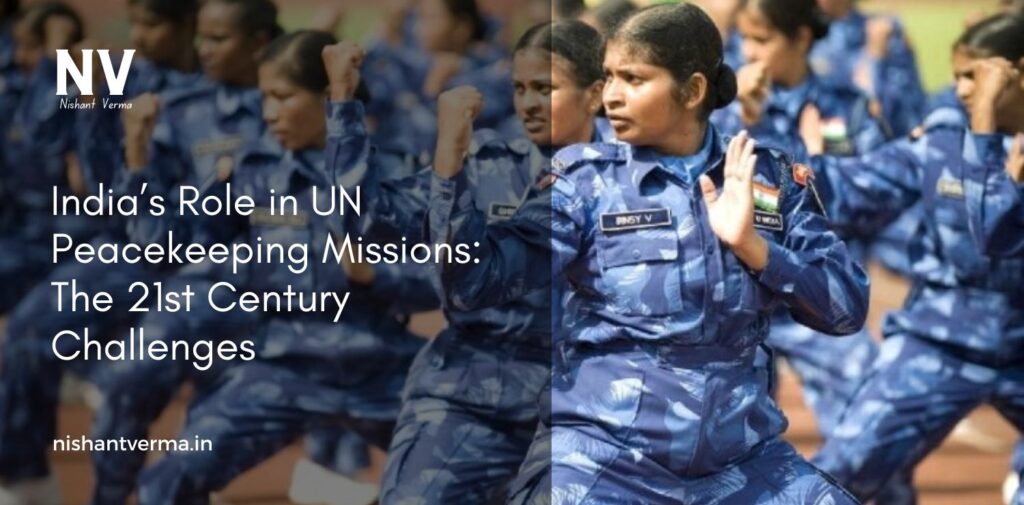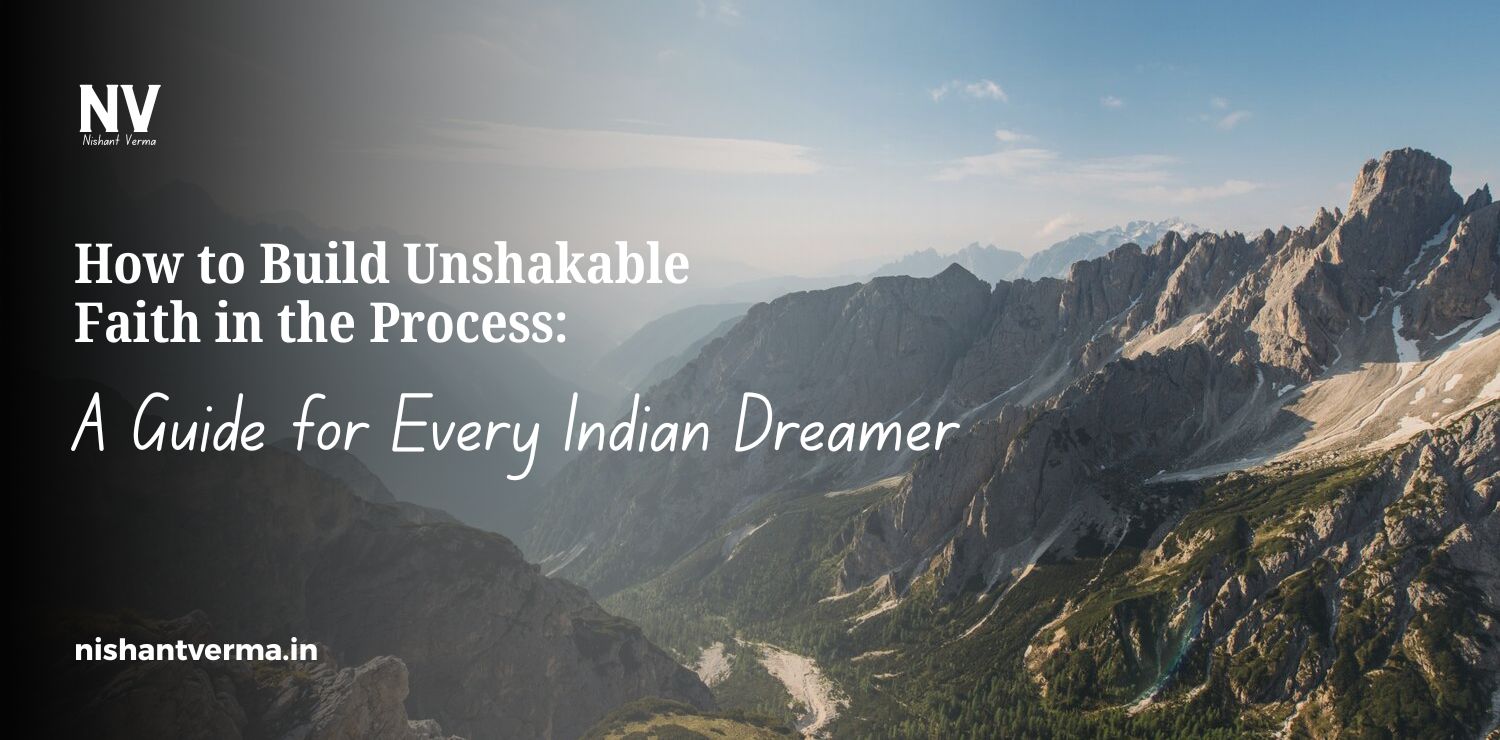India has long been a strong advocate for peace and security around the world. One of the key ways the country has contributed to global stability is through its participation in United Nations (UN) peacekeeping missions. Since the early years of independence, India has sent its troops to various conflict zones, helping restore peace and order in countries torn apart by war. The 21st century, however, has brought new challenges to these peacekeeping efforts. In this article, we will explore India’s role in UN peacekeeping missions, the challenges it faces in the modern world, and the country’s ongoing contributions to global peace.
India’s Historic Commitment to UN Peacekeeping
India’s involvement in UN peacekeeping missions dates back to the 1950s, shortly after it gained independence. As a member of the United Nations, India saw peacekeeping as a crucial aspect of global diplomacy and humanitarian work. Over the years, India has consistently been one of the largest contributors of troops and personnel to UN peacekeeping missions. Indian peacekeepers have been deployed in various regions of the world, including Africa, Asia, and the Middle East, where they have worked to prevent conflicts, protect civilians, and assist in the rebuilding of societies post-conflict.
Indian troops are known for their discipline, professionalism, and commitment to neutrality. Over the decades, the country has earned a reputation for having a well-trained, reliable, and impartial peacekeeping force. Notably, India has contributed forces to some of the most challenging and complex missions, including those in conflict zones like the Democratic Republic of Congo, South Sudan, and Lebanon.

The Evolving Nature of Peacekeeping in the 21st Century
While India’s role in peacekeeping has remained significant, the nature of these missions has changed dramatically in the 21st century. The world has witnessed a shift from traditional peacekeeping, which typically involved the monitoring of ceasefires and the maintenance of buffer zones between conflicting parties, to more complex, multidimensional missions. Today, UN peacekeepers are expected to engage in tasks such as disarmament, human rights protection, and support for political and social development in post-conflict societies.
In addition to military personnel, modern peacekeeping missions now often involve police forces, civilian experts, and humanitarian workers. These missions are designed to address not just the immediate conflict but also the long-term stability of a region. India has adapted to these changes, and its peacekeepers are now involved in a broader range of activities beyond their traditional military roles, such as helping with governance, rebuilding infrastructure, and supporting the delivery of humanitarian aid.
The Rise of Complex Conflicts and New Challenges
While India’s commitment to peacekeeping remains strong, the changing nature of conflicts in the 21st century presents several challenges. Today’s wars and conflicts are often asymmetric, with irregular armed groups and non-state actors playing a central role in hostilities. These conflicts are more unpredictable, and peacekeeping operations often find themselves in situations where they have to deal with fragmented groups that may not follow the traditional rules of war.
Furthermore, the rise of terrorism and the use of advanced technology in warfare have added new layers of complexity to peacekeeping missions. Peacekeepers must now face not only conventional warfare but also the threat of terrorism, cyber-attacks, and the use of modern weaponry in conflict zones.
India’s peacekeepers have had to adapt to these challenges, acquiring new skills, technology, and knowledge to handle these modern threats. This involves not just traditional combat training but also learning how to protect civilians from new forms of violence, such as terrorism and cyber-attacks, and how to contribute to counter-terrorism operations. The complexities of modern warfare demand that peacekeepers be prepared for a wide range of scenarios, requiring flexibility and adaptability in their approach.

The Issue of Adequate Resources and Funding
One of the biggest challenges that UN peacekeeping missions face today is a lack of adequate resources and funding. Many of these missions are underfunded, which limits the ability of peacekeepers to effectively carry out their duties. This issue is particularly critical in complex operations that require substantial logistical and financial support.
India, as one of the largest contributors of troops to peacekeeping missions, has often raised concerns about the financial sustainability of these operations. While the UN’s peacekeeping budget comes from contributions made by member states, the distribution of funds has not always been equal. India has called for greater transparency and accountability in how resources are allocated to ensure that peacekeepers have the necessary tools and support to carry out their mission effectively.
For India, this issue is particularly important because the country provides not only soldiers but also critical logistical support to many missions. Without adequate resources, peacekeepers are unable to do their jobs properly, and the missions they are part of become less effective in achieving their goals of bringing lasting peace to conflict zones.
The Protection of Peacekeepers and Political Sensitivities
Another major challenge in the 21st century for Indian peacekeepers is the growing threat to their safety. In many conflict zones, peacekeepers have become targets of violence, and the security of personnel is often not guaranteed. Attacks on peacekeepers have been on the rise, and there have been numerous instances where UN forces have faced hostility from various factions involved in the conflict.
India has called for stronger protections for peacekeepers and has advocated for a more robust mandate for peacekeeping missions. Indian peacekeepers, like those of other nations, operate under the UN flag, but they often face political sensitivities in regions where the conflict involves competing interests and foreign influence. This can create challenges in ensuring the safety and security of peacekeepers, who must remain impartial while operating in politically charged environments.
Moreover, there are instances when peacekeeping operations are constrained by political considerations. In some cases, the UN Security Council’s decisions are influenced by the interests of its permanent members, which may affect the effectiveness of peacekeeping missions. India has emphasized the need for greater political consensus and support for peacekeeping efforts to ensure the safety and effectiveness of missions.

India’s Strategic Interests in Peacekeeping
India’s role in UN peacekeeping also aligns with its broader foreign policy goals and strategic interests. By contributing to peacekeeping missions, India not only helps foster global stability but also enhances its own standing in the international community. The country’s leadership in peacekeeping reflects its commitment to multilateralism and the principles of the UN Charter, and it allows India to contribute to global security in a meaningful way.
Additionally, peacekeeping has become an important aspect of India’s relationship with countries in conflict zones, particularly in Africa and Asia. Indian peacekeepers are often seen as neutral and effective in maintaining peace, and their presence in these regions strengthens India’s diplomatic ties and soft power. India’s role in peacekeeping also enhances its credibility as a leader in the global fight against terrorism and conflict, contributing to its aspirations of becoming a permanent member of the UN Security Council.
Conclusion: UN Peacekeeping Missions
India’s involvement in UN peacekeeping missions has been a cornerstone of its foreign policy and a reflection of its commitment to promoting peace and security in the world. The country’s long history of contributing troops and resources to these missions has earned it respect and recognition on the global stage. However, the 21st century has brought new challenges to peacekeeping, including complex conflicts, lack of resources, and increasing threats to the safety of peacekeepers.
Despite these challenges, India continues to play a vital role in global peacekeeping efforts. The country’s well-trained peacekeepers, its advocacy for better resources, and its commitment to the UN’s principles have all contributed to the success of various peacekeeping missions. As the global security landscape continues to evolve, India’s role in peacekeeping will remain crucial in ensuring a stable and peaceful world. India’s experience and expertise in peacekeeping will continue to serve as a model for other countries and contribute to global efforts to bring peace to conflict-ridden regions.




